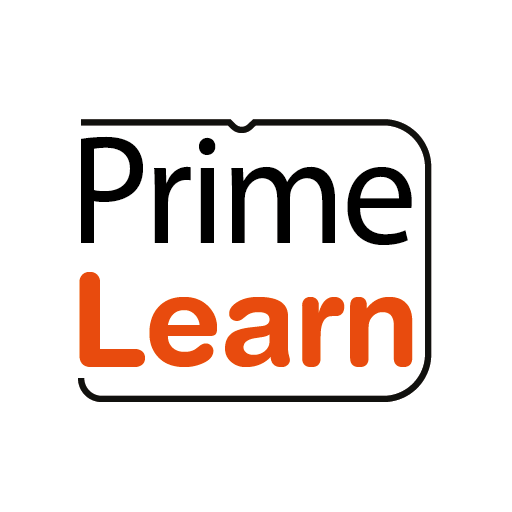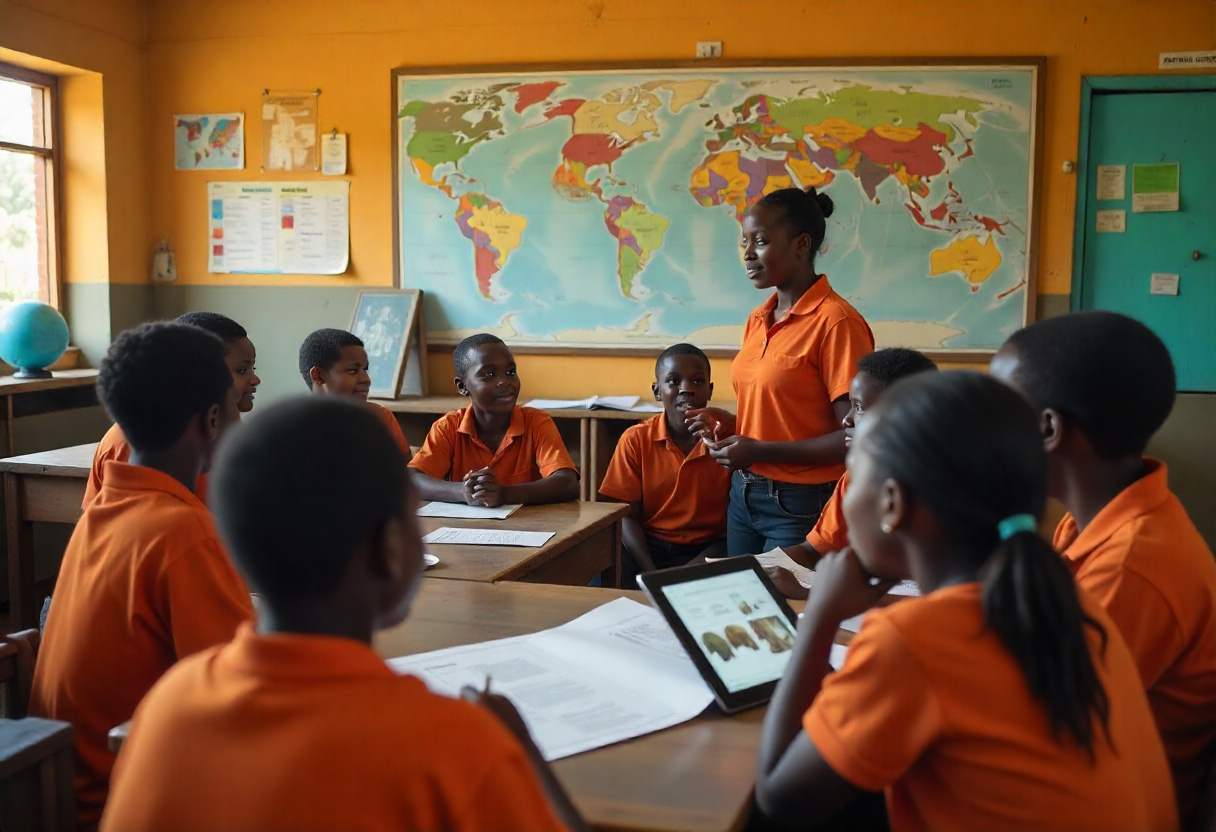In his press statement prior to the release of the 2024 PLE results, Mr. Odongo, the Executive Secretary UNEB said, "I know the results will not go down well with some schools, but we want teachers to stop this mentality of drilling candidates to pass examinations."
Mr. Odongo expressed concern that many teachers focus narrowly on examination preparation rather than fostering a holistic understanding of subjects, emphasising that education should equip pupils with skills they can apply in real-world situations. He stressed that even after completing primary seven and spending a year out of school, pupils should demonstrate better reasoning and the ability to apply knowledge and skills.
It's for this reason that UNEB made the following recommendations to both schools and teachers regarding the teaching and learning Social Studies:
- Teach Social Studies practically so that learners can see its use and application in real-life situations. For example using pictures or videos to illustrate the types of trees that grow in deserts.
- Break down the teaching from general to specific for example guide learners to explain why the government needs information on different age groups for example, teenagers, the youth, and the elderly whose demands vary.
- Guide learners to discuss the similarities and differences between concepts, for question e.g. loan and grant, bill and act, income and expenditure, nuclear family and extended family etc during teaching. The analysis indicated that 70% of candidates did not understand the difference between extended families and nuclear families, and for that reason, they mixed up their responses. Encourage learners to have comparisons in responding to this kind of questions.
- Use specific verses (quotations) from the Bible and Qur'an, shown in the curriculum and other reference books or use of resource persons like religious leaders to help learners understand the Christian/Islamic teachings on concepts such as marriage, sin, resurrection and judgement among others.
- Teachers in all classes to ensure that there is a good link between their class and the next or the previous class to reduce the burden of uncovered content on the P.7 teachers.
- Teachers in lower primary to emphasize Social studies competences just like those of upper primary to ensure that teaching is progressive, that is, from known to unknown.
- Teach application of knowledge, analysis and interpretation of events/ issues/activities.
- Teaching to be activity-based. For example, learners can debate the motion, “African Collaboration with Colonialists Was More Beneficial than Resistance", to facilitate understanding on the reasons and disadvantages of collaboration/ resistance.
- Use the environment and real-life situations to teach.
- Use a variety of materials/ resources during teaching such as text books, recommended and approved by MoE&S, the SST syllabus for each class, Atlases, globes and wall maps, teacher made charts, ground maps, models and resource persons.
This approach to teaching, will not only help learners to know but also to understand and be able to apply the knowledge, life skills and values to solve real life problems.









0 Comments:
Leave a Comment